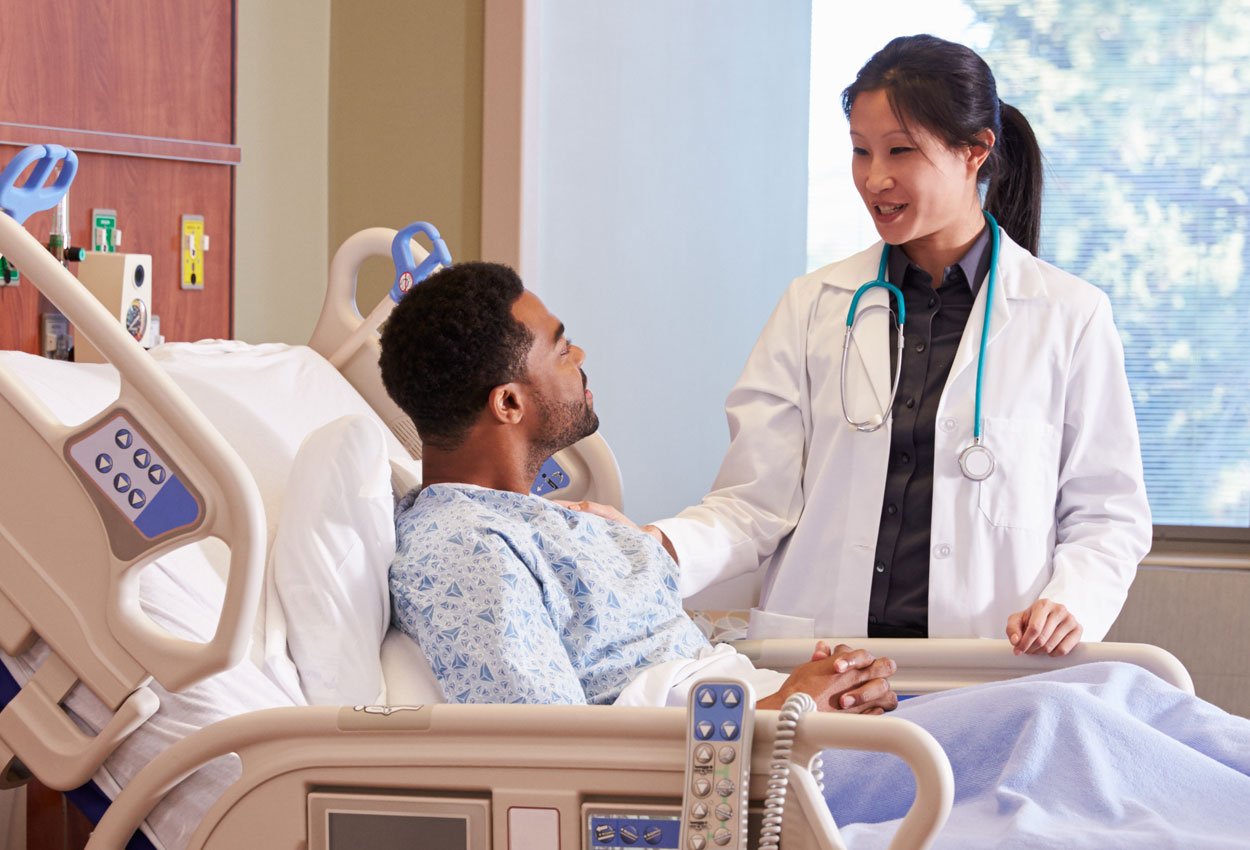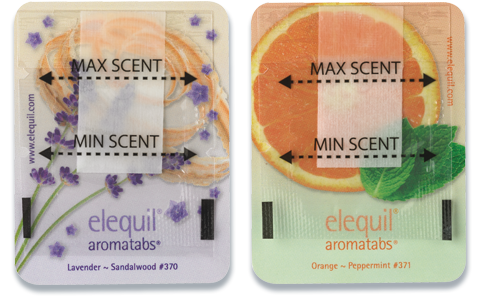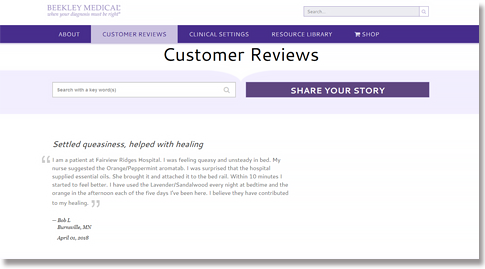
As of January 2018, Freestanding Ambulatory and Outpatient Hospital surgical centers (OAS) are now participating in reimbursements based on patient satisfaction scores OAS CAHPS (The Consumer Assessment of Healthcare Providers and Systems Outpatient and Ambulatory Surgery Survey).
Although a voluntary program, hospitals and ambulatory surgery centers that are paid by CMS under the Outpatient Prospective Payment System (OPPS) will see a 2% reduction in their reimbursements for non-compliance with this new quality reporting measure.
Based on their patient survey scores, these outpatient surgical centers will be eligible to earn some of that money back.
Participating facilities must have a minimum of 300 completed surveys per year.
Who is being surveyed
One of the CMS approved survey vendors, Press Ganey®, has an FAQ document that states surveys will only be sent to adult patients who have specific procedures and surgeries based on CMS approved CPT codes and G codes performed in a Medicare-certified Hospital Outpatient Department or Medicare-certified freestanding Ambulatory Surgery Center. Any patient who is admitted as an inpatient will be excluded.
What the survey measures
The OAS CAHPS survey contains 37 questions divided in to sub-sections to measure patient experiences with care received:
- Before procedure (2 questions)
- About the facility and staff (6 questions)
- Communication about procedure (5 questions)
- Recovery (9 questions)
- Overall experience (2 questions)
- About the patient (13 questions)
Facilities can also add up to 15 supplementary questions at the end of the survey.
Improving patient perception of care
The outpatient surgery experience can sometimes feel like an assembly line.
Although the priority is to get the patient into surgery and provide the given care they require, the majority of patients also want the staff to care for their emotional well-being.
Patients are aware that there is someone scheduled before and after their surgery, but they want to “feel” as if they are the only one.
 So how can this be achieved in the busy outpatient setting where scheduling is tight and staff is multi-tasking on other patient needs?
So how can this be achieved in the busy outpatient setting where scheduling is tight and staff is multi-tasking on other patient needs?
Your staff does all they can to give the best health care to the patient with the time constraints they are under, but does the patient feel emotionally cared for as well?
It may seem like a stretch, but when a patient is feeling emotionally cared for, they are also likely to feel less anxiousness.
And a patient feeling less anxiousness is apt to be a more cooperative, and a more satisfied patient overall.
A hands-off approach with aromatherapy
Offering a complementary therapy to help ease a patient’s anxiousness, discomfort, or feeling of queasiness can be achieved through aromatherapy. Essential oils can have a physiological effect that helps the patient to relax.
By offering patients aromatherapy, it gives them a choice and some control over what is happening in their care while in the surgical suite.
And at the same time, it demonstrates to your patient that go “above and beyond” in caring about their comfort.
Tips for selecting essential oils for the clinical setting:
- Use only 100% pure essential oils (free of synthetics and pesticides)
- Use unadulterated oils (do not contain a carrier oil i.e. jojoba, almond)
- Ask the supplier to provide a Certificate of Analysis that includes a GC/MS spec report
- Request a Safety Data Sheet
- Determine the quality of the essential oil. Purchasing a drug store bottle of lavender oil for $9.99 more than likely will have synthetics and may have only a psychological effect-for example- it may remind you of the spa and make you feel “good”, but it does not have the quality to be effective in the clinical setting. A high quality pure essential oil has a physiological effect on the limbic system and effectively help patients with anxiousness or queasiness.
- Create a policy and procedure document (contact info@elequil.com to request a policy & procedure template)
Evidence supporting the use of aromatherapy in the surgical suite
In a study conducted by New York-Presbyterian/Weill Cornell Medical College, 100 ambulatory surgery patients were split into two groups: experimental group received Lavender Elequil aromatabs® in the preoperative waiting area while the control group received standard nursing care.
The results were that the reduction in anxiety was statistically greater with the group receiving aromatherapy via the Elequil aromatabs than the control group (p = 0.001).

Another study conducted by Morristown Medical Center in New Jersey had 78 participants using Elequil Lavender-Sandalwood, Orange-Peppermint, and a placebo to determine if aromatherapy could minimize anxiety in women undergoing Breast Biopsies.
There was a statistically significant reduction in self-reported anxiety with the use of lavender-sandalwood compared to the placebo group (p = 0.32).
Other studies about aromatherapy used in the surgical suite include:
- The effect of inhalation aromatherapy on anxiety level of the patients in preoperative period
- The use of the essential oil lavandin to reduce preoperative anxiety in surgical patients
- Examination of the effectiveness of peppermint aromatherapy on nausea in women post C-Section
- Lavender essence for post-cesarean pain
- Examination of the effectiveness of peppermint aromatherapy on nausea in women post C-section
- The effect of lavender oil on stress, bispectral index values, and needle insertion pain in volunteers
How Elequil can impact patient perception of care
Fairview Southdale Hospital in Edina uses aromatherapy to reduce anxiousness preoperative and to help reduce queasiness postoperative.
Jennifer Hood, the Outpatient Perianesthesia Nurse, also encourages the patient to take home Elequil for continuum of care at home.
She found Elequil to be the only product ideally suited for the OR due to its unique, self-contained, and self-adhesive delivery system that adheres directly to the patient’s gown, making it “hands free”.
She also shared that her staff receives a lot of comments in their post-op calls on how much patients appreciated Elequil and how beneficial they thought they were. This positivity was also reflected in survey comments from patients as well.
In fact, we at Beekley Medical also hear from patients about their experience with Elequil during their procedure. Here are 2 recent examples:
“I had a breast biopsy yesterday. Three samples were taken, and it was an intense experience. I was the very first patient my clinic used these aromatherapy tabs on, and my team was very, very excited. I couldn't think of the words for how soothing this was, but I thought of it after. It was grounding. In a hospital setting, it's easy to feel lost in an alien place, while feeling physically violated. A familiar smell really helped me subconsciously know that I was in a temporary place, that the world outside was still there, and that hospital This Is All There Is trapped feeling wasn't even an issue. Overall, I am pleased with your product”.
— Emily, Bedford, NH, March 28, 2018
"I was given an Elequil tab when I experienced anxiousness, lightheadedness, and queasiness while having an IV inserted for a hospital procedure. I don't have a history of difficulty with medical procedures, so I wasn't prepared for this kind of reaction, and I was so relieved when the nurse brought me an orange-peppermint Elequil aromatab to ease my discomfort. Within minutes, I was no longer nauseated and felt deeply relaxed. I took note of the brand and ordered some as soon as I got home. What a wonderful product."
— L. Hooper, New York, NY, January 31, 2018
An alternative therapy to help alleviate pain
In addition to patient surveys becoming more relevant at the OAS, surgical centers are also looking for opportunities to reduce the use of opioids.
Aromatherapy may help in these endeavors as many times, with relaxation, pain can subside.
One study, "The Effectiveness of Aromatherapy in Reducing Pain: A Systematic Review and Meta-Analysis" reviewed twelve clinical studies examining the effectiveness of the use of aromatherapy in treating pain and found “a significant positive effect of aromatherapy in reducing pain.”
The authors concluded that despite the small sample size, aromatherapy can be considered a safe addition to current pain management procedures as no adverse effects were reported in any of the included studies.
Surgical centers are looking for ways to achieve both high satisfaction scores and offer alternatives to help alleviate pain. Aromatherapy is a alternate option to help you achieve both goals.

Melissa Vibberts
Director of Brand Management


